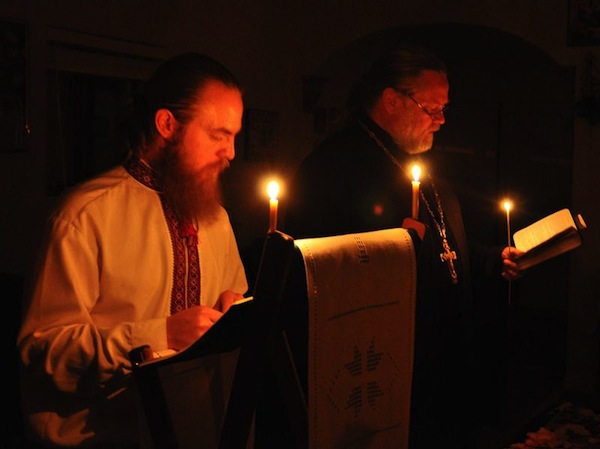When is a Hebrew not a Jew?


When you hear people speaking about the Bible, and especially the Old Testament, you will often hear the terms “Israelite”, “Hebrew” and “Jew” used interchangeably. However, strictly speaking, these terms are not identical.
An Israelite is simply anyone who is a descendant of the Patriarch Jacob. In Genesis 32:28, after wrestling a mysterious man, Jacob is given a new name, “Israel”, which literally means “He who strives with God”.
If you recall, Jacob/Israel had twelve sons. These would later form the heads of the twelve tribes of Israel. Well, eleven of these sons took great umbrage at their brother Joseph, so they sold him into slavery (those of you with siblings will understand this). Years later, Joseph rose to power in Egypt and, after being reconciled with his family, brought them all to Egypt.
The family of Israel flourished in Egypt for some time until a new Pharaoh rose to power who forced them all into slavery. It is at this time that Moses is called by God to rescue his people and lead them out of Egypt. It is during the period of the Exodus that the term Hebrew is used to refer to the population.
Once the people return to Israel, they enjoy a period of prosperity. However, eventually there is a split in the Kingdom between the northern and southern Kingdom. The Southern Kingdom was known as “Judah” and the inhabitants of that area known as Jews. Both the northern and southern kingdoms are conquered and people exiled. After the exile, the term “Jew” is used to refer to any of the Israelites who were left.
I hope that this explanation of terms and recap of Salvation History is helpful!

